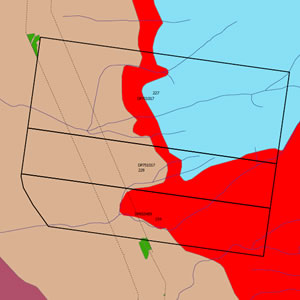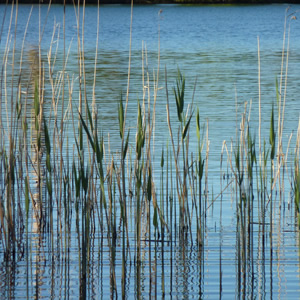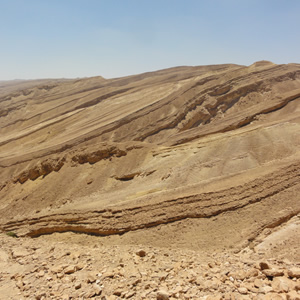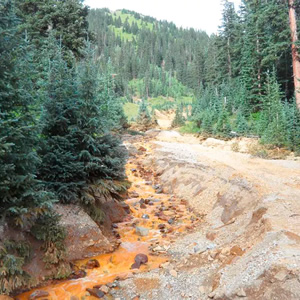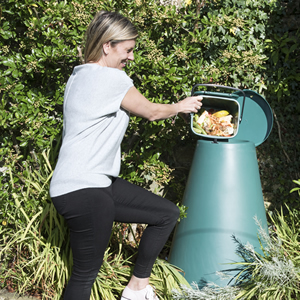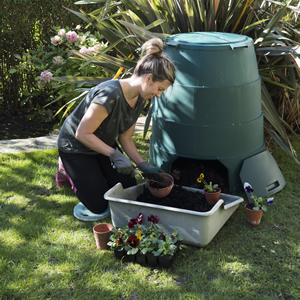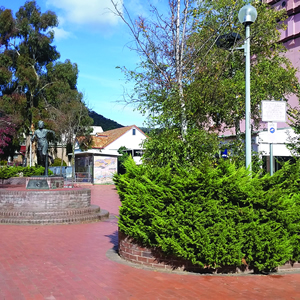Environmental Mapping (click for mapping and more information)
C&ES were commissioned to assist with soil-based reviews of the Queensland Hunter Gas Pipeline, a New South Wales Department of Planning approved State significant project. The pipeline corridor is proposed as 833 km traversing mineral and gas-rich region from Wallumbilla, Queensland, to Newcastle, New South Wales (NSW). Approximately 620km of the high-pressure gas pipeline in the NSW section will traverse the ten Local Government Areas (LGA), namely Moree Plains, Narrabri, Gunnedah, Liverpool Plains, Upper Hunter, Muswellbrook, Singleton, Maitland, Port Stephens, and Newcastle. We used spatial data analysis to interrogate the biodiversity attributes, cultural heritage, geographic and topographic constraints, socio-economic implications, and land use planning impacts along with the pipeline corridor proposal. Maps were developed from the shapefile of the pipeline corridor, data supplied by the Hunter Gas Pipeline Pty Ltd (received 29 December 2020). There are 11 maps showing the complete length of the pipeline, 3 speciality overview maps for the coastal areas; and 3 maps for each Local Government Area.
Contamination and Rehabilitation
C&ES specialise in site rehabilitation, project management and site assessment services with the goal of achieving sustainable rehabilitation outcomes. We deliver a systematic environmental information package based on professional project reports, site studies and project approval applications. Ongoing management and monitoring programs are also supported.
Water Sensitive Design
Water sensitive design is a process for defining a functional relationship between landform and water that we apply to site rehabilitation and soil fertility studies. This process controls soil erosion or will serve to harvest water for treatment options including wetland design, onsite wastewater management design, and surface water management.
Farming & Agriculture
Changing the conventional farm to incorporate organic farming practices involves a journey with a distinct focus to sustaining soil conditions within the constraints of the landform of the farm. C&ES will assess your site to discover which opportunities can improve your soil and pastures.
Landscape & Waste Recovery
C&ES have an operational understanding of resource recovery and beneficial use policy, for waste as a soil amendment. The initial premise is that resource recovery is an appropriate vehicle for sustainable agriculture outcomes. The second assumption is that agronomic purpose is an End of Waste Policy.
C&ES have developed a WASTE Report to present the options of using waste for better soils and plant growth outcomes.
The Green Cone – Love Food Hate Waste
....... a CES-2 Project - for Local Government and Community
The Green Cone is a novel soil management approach to the problem of unused food in the garbage system. The Green Cone decomposes food directly into the soil. Being easily installed with only periodic maintenance a Green Cone is useful for permaculture, horticulture, decorative and general household gardens. A Green Cone takes up a third square metre of ground in a sunny and well-drained position. One Green Cone adequately manages the food waste of a family of four adults. Installed into the soil a Green Cone is a productive feature in a garden over many years. Design of the Green Cone is a unique approach to managing thermal stability and the aerobic condition. The Green Johanna, also suited to domestic gardens is a compost maker for garden waste with some food waste addition.
Education
The Green Cone Kitchen Food Waste Project promotes the use of an onsite soil based digester to manage domestic food waste. Learn about the soil, microbes, earthworms and the reason why the Green Cone is green. Both the Green Cone and the Green Johanna will achieve a solar-powered Food Waste-2-Soil decomposition process.
Local Government
The Green Cone Kitchen Food Waste Project is a sustainable option for a domestic household. The Green Cone provides a householder-solution to reducing the bulk of the food waste going to landfill. With a Green Cone, the food scraps and left-overs are digested directly into the garden soil. Using the Green Cone is an excellent opportunity to solve the problem of kitchen scraps ending up in a council landfill. Less food waste going into landfill is a good thing for everybody.
Community Hosted Tourism
C&ES advocate for sustainable tourism and the environment by arranging for full rural Community Hosted Tourism, and its promotion, with new overseas travel agents and digital booking APP, to ensure all of a visitors special interests, needs and desires, can be known, pre-matched, arranged and booked, before their arrival, to ensure the visitor enjoys their best ever, holiday. IP protection lodged.
Community Hosted Tourism is the holistic package that is the complementary businesses needed to support a matched-up long-stay visitor experience including accommodation cabins, knowledge centres and hosted touring. C&ES have worked since 2013 to present for Lithgow a coordinated economic approach to building tourism-based economies for rural and regional New South Wales. Further information is available about these projects via our downloads link. Follow the project at https://www.facebook.com/Communityhostedtourism/

